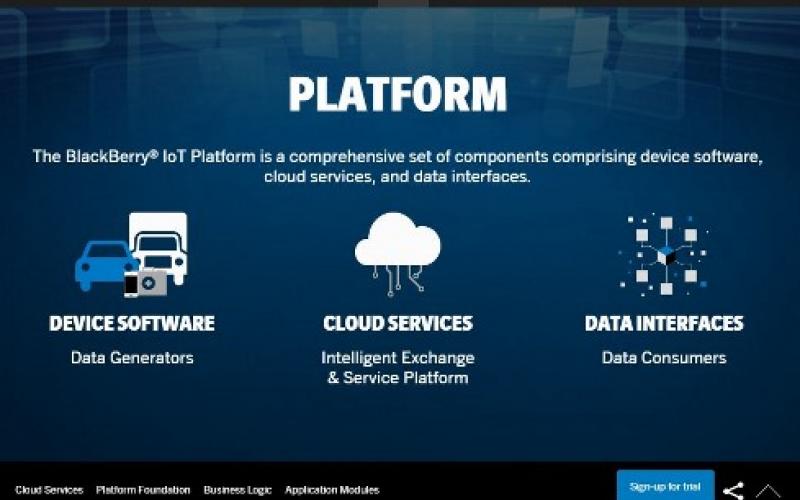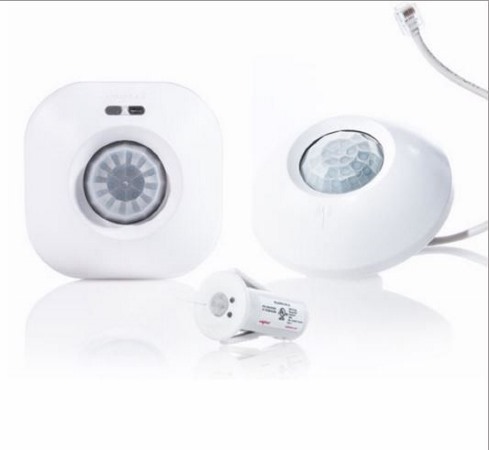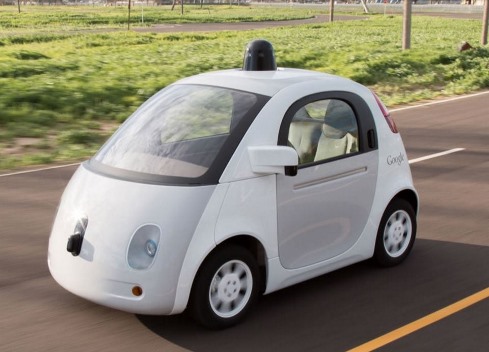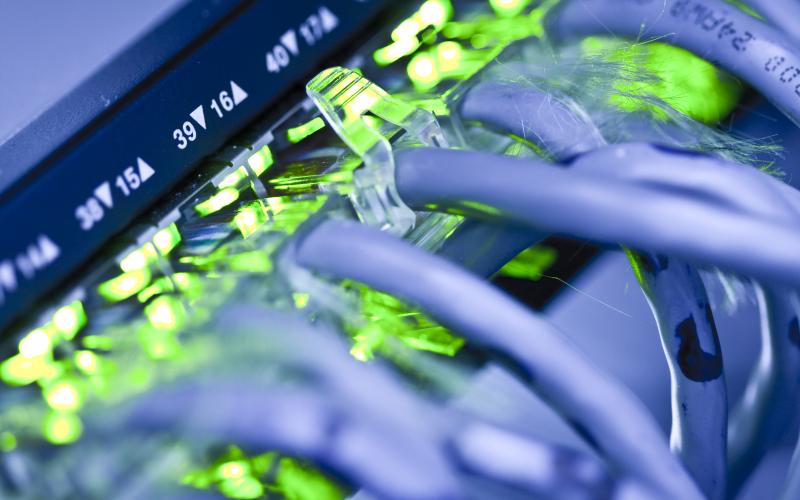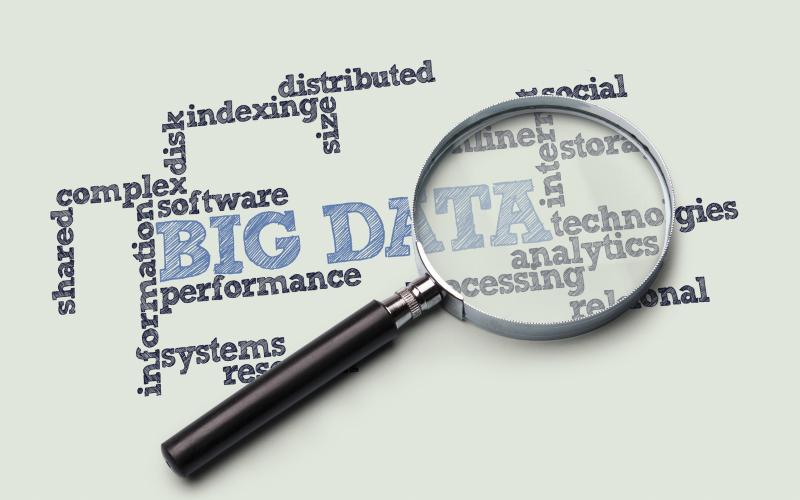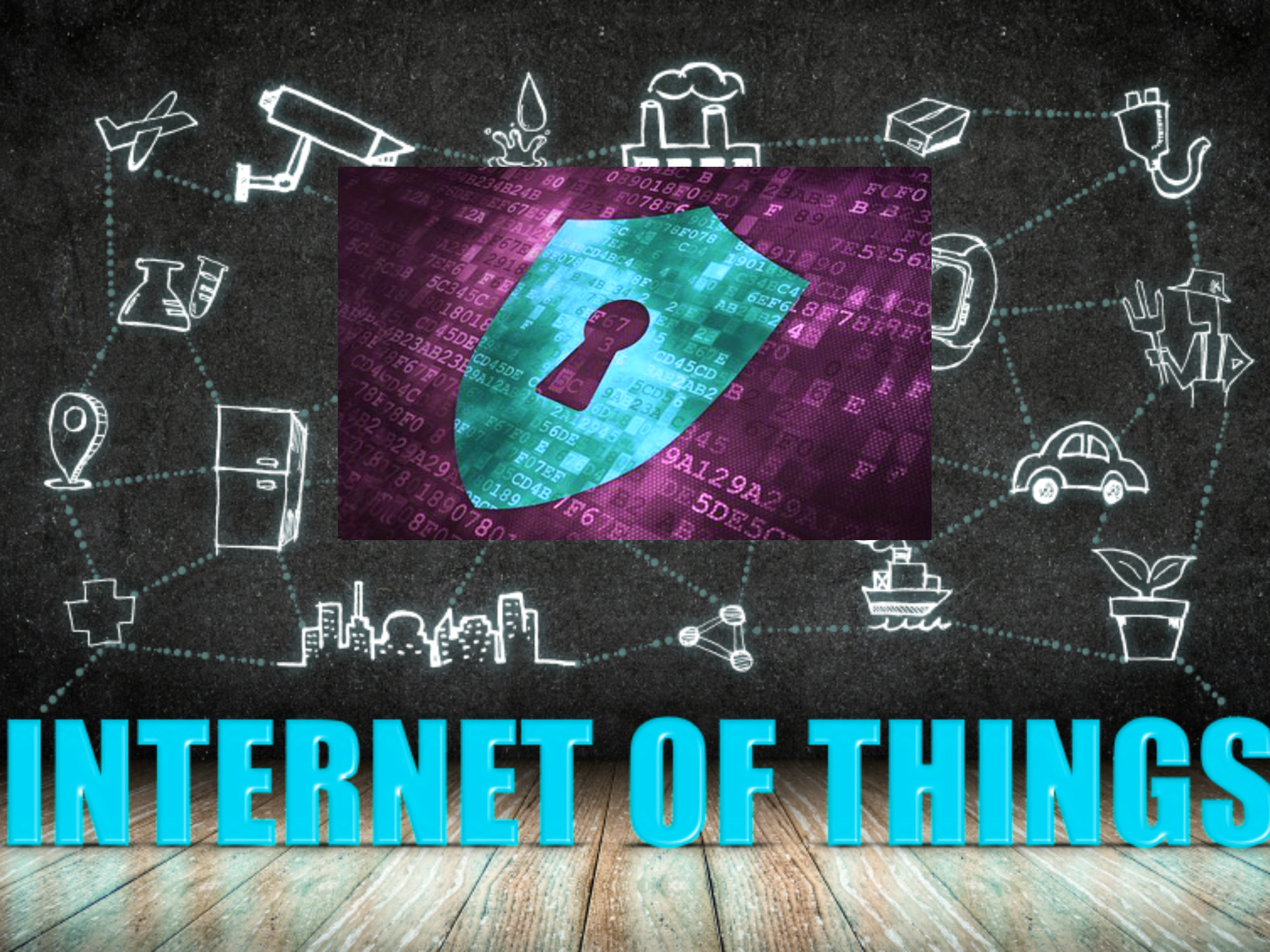According to Gartner, 5.5 million new things will get connected to the Internet of Things (IoT) every day during 2016. The market-research firm also predicts that 6.4 billion connected things will be in use worldwide in 2016, up 30% from 2015.
Many of the items currently associated with IoT -- things like connected thermostats, fitness trackers, connected cars and automated home appliances -- are primarily for consumers. However, IoT technology could have an even bigger impact on enterprises than on individuals. In fact, that same Gartner forecast says that businesses will spend $868 billion on IoT endpoints this year, compared to $546 billion spent by consumers.
For enterprise IT departments, IoT will offer a number of challenges. They will need to deploy and maintain the sensors and IoT gateways that will make up the Internet of Things. They will need to develop and support a variety of new IoT applications for smart manufacturing, asset tracking, smart offices, and other purposes. IT teams also will have to make sure they have the necessary networks and systems to handle the huge increase in data, as well as the tools to process and secure all that information.
Because IoT is still in its infancy, most organizations are still trying to figure out how it will affect them. IoT has gained mainstream awareness, yet organizations are still struggling with how to deal with the complexities of the vendor ecosystem in terms of developing and deploying connected products and services," Carrie MacGillivray, IDC program VP of IoT and mobile, said in a report last fall.
In this slideshow, we'll examine nine ways that the Internet of Things will change enterprise technology.
(Image: Danil Melehkin/iStockphoto)








